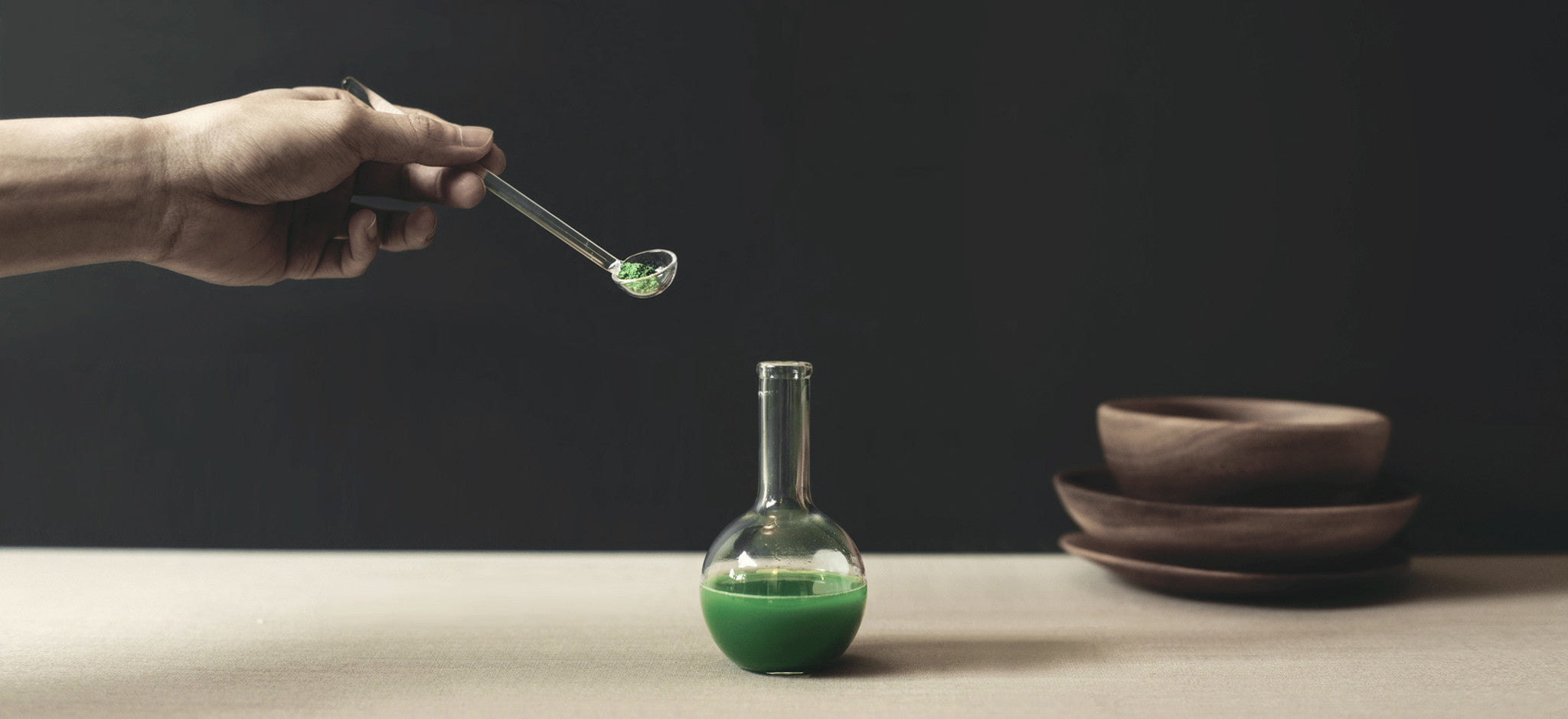In the 12th century, a Japanese monk, Eisai (栄西), later to become famous for introducing Buddhism to the island nation, wrote Japan’s first book about tea. In it he described matcha as a ‘healing medicine for a healthy life’ (Kissa Youjyouki, 1211). As the purest and most potent form of tea, matcha has long been touted as a precious medicine for health and long life, but how exactly did it gain this reputation, and does it stand up to scrutiny? What are the health benefits of matcha?
Modern scientific research confirms that matcha is full of naturally occurring antioxidants, amino acids, vitamins and flavonoids, all of which are associated with a myriad of health benefits. But it’s not just what matcha tea contains, the key reason why matcha is the most potent form of tea also lies in the way it is prepared.
When brewing most other types of tea, loose tea leaves or teabags are steeped in water before they are thrown away. Matcha is prepared by whisking the matcha powder into water, so that all of its health promoting nutrients are ingested when drunk and nothing is left to be thrown away. This also means that non-soluble vitamins, such as vitamins A and E and beta-carotene, that would normally be discarded in the standard steeping process, are also consumed, further enhancing the wellness potential of matcha.
There are a wide variety of studies attesting to the various benefits of matcha, and from them we have selected five key health benefits matcha has to offer for a healthier and more balanced way of life.
-
Matcha Boosts the Immune System
Studies have shown that matcha contains approximately 137 times the catechins – a type of flavonoid and antioxidant – found in regular green tea. These catechins are shown to have antiviral and antibacterial effects on a variety of sickness-causing microbodies. Therefore, drinking matcha can help curb infections, clear up free radicals, and reduce oxidative damage to our bodies.
-
Matcha Improves the Heart
Researchers from around the world have found that the catechins in matcha help to lower blood pressure and cholesterol, and can help combat atherosclerosis. Matcha can help to protect your heart by relaxing blood vessels to allow a less constricted flow, reducing the risk of heart-related diseases.
-
Matcha Promotes Healthy Weight
A study published in the American Journal of Clinical Nutrition found that men taking green tea extract burnt a significantly larger number of calories in 24 hours than those either taking coffee or no additive. Components in matcha can increase thermogenesis (the rate at which your body generates heat) by over 40% without any of the negative side effects that can be found in other fat oxidizing agents.
-
Matcha Can Reduce Stress
Numerous researchers have established that L-theanine, a type of amino acid found in matcha, stimulates the body’s production of dopamine and tryptophan, which are both found to reduce stress and anxiety and contribute to a state of ‘calming alertness’ that can last for hours. While coffee may be better known for its stimulation benefit, it can result in a ‘lull’ which is not experienced after drinking matcha. Historically, matcha has been used for this very reason by Zen Buddhist monks and samurai warriors – to enhance their mental focus before practicing meditation sessions or stepping into an arena.
-
Matcha Rejuvenates the Skin
Matcha is also well known for its anti-inflammatory and antioxidant properties. The EGCG (one of the most beneficial catechins found in matcha) can decrease the direct effects of sunburn and is also known to reduce the metabolic changes in skin that can lead to ageing and wrinkles!
Matcha has much to offer, but is little known outside of the Far East, so we hope this brief flavour of the fascinating world of matcha has provided you with some insights into the legendary nutritional properties of this tea.
To find out more about matcha or to keep up with what we are doing here at Matchaeologist, we encourage you to take a tour around our website, to learn more about our matcha, and to follow us on social media @matchaeologist and subscribe to our mailing list. We look forward to serving you soon!


